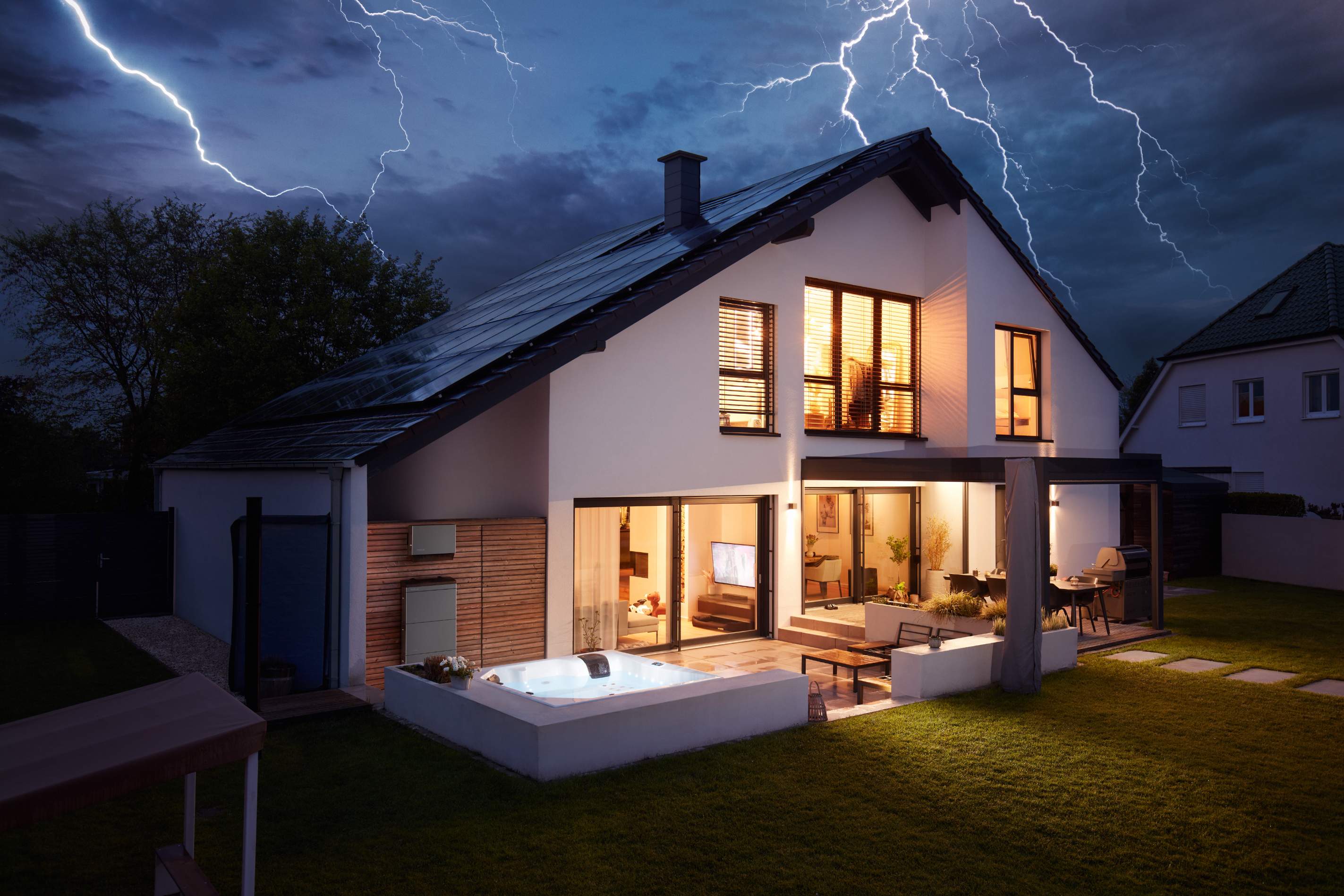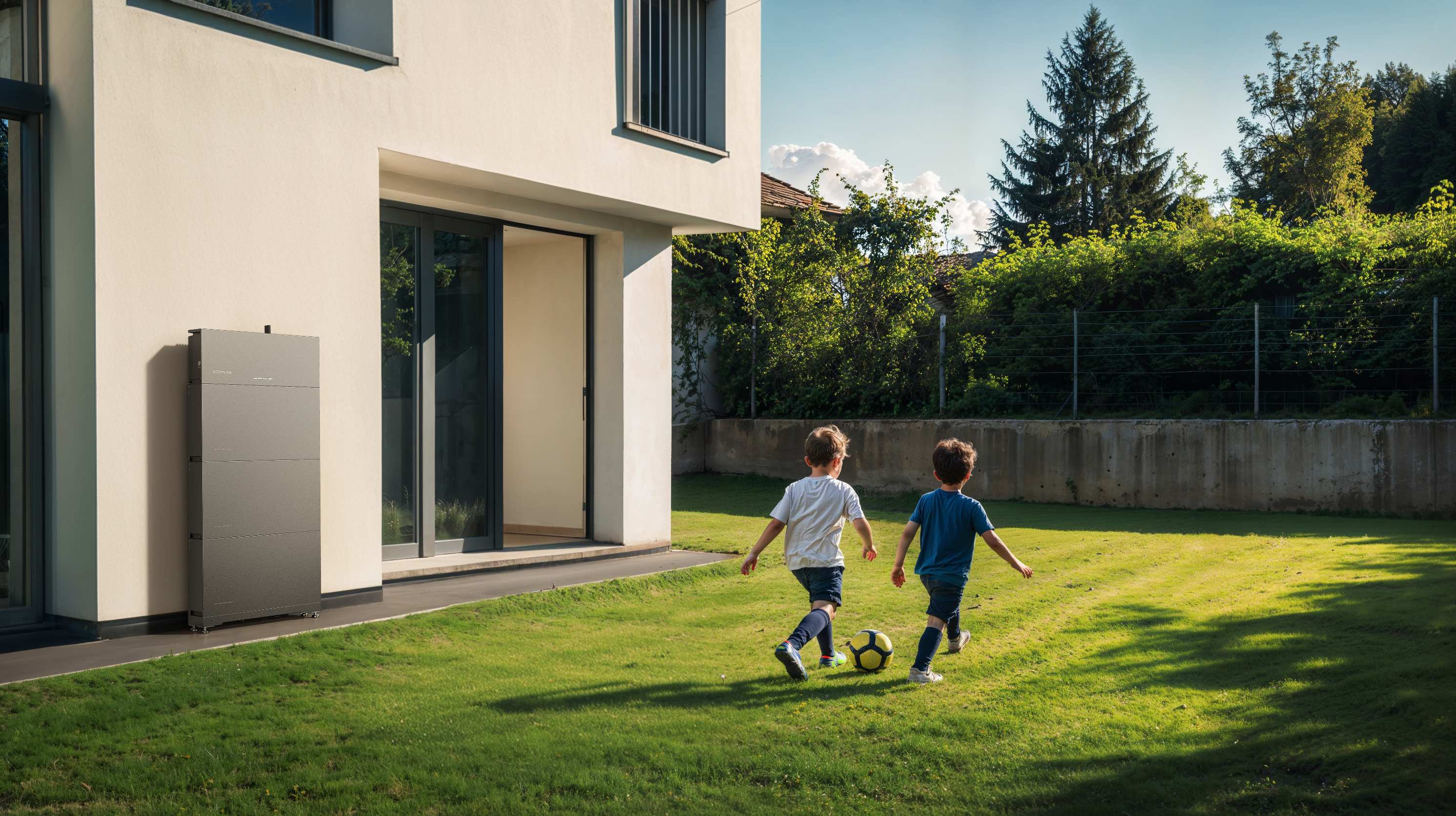What’s the Difference Between IP20-Rated vs IP65-Rated?
Understanding IP ratings is crucial when evaluating electronic devices, especially for home energy solutions. These ratings indicate how well a product is protected against solid objects and moisture.
Two common ratings seen in household products are IP20 and IP65. But what do these numbers mean, and how do they impact your choice of products for indoor and outdoor applications? Let’s break down the differences and their importance for home battery systems and other devices.
Understanding IP Ratings
For anyone looking into renewable energy and home battery backup systems, understanding IP ratings is as critical as understanding their home energy efficiency rating.
IP ratings are part of the International Electrotechnical Commission's (IEC) standards for electronics. IP stands for “ingress protection,” or how well a product is protected against damage from foreign objects. They’re a universal scale to measure the protection level of electronic devices so that consumers can quickly understand if a product is suitable for their particular application.
Following “IP” are two numbers. The first digit is a number between 0 and 6 and refers to how secure the component is against ingress damage by foreign bodies and solid objects. A 1 would indicate it resists large objects, while a 6 indicates protection against fine particles like dust.
The second digit indicates the level of water protection, rated from 0 to 9. A 1 would mean it offers protection only from vertically falling water drops. In contrast, an 8 means that a component is resistant to continuous submersion, and a 9 indicates it is protected against powerful high-temperature water jets.
Two of the most common IP ratings we see in household applications are IP20 and IP65.
What Is IP20?
IP20, or “Ingress Protection Two Zero,” has the second level of protection against solid objects, technically against objects over 12.5mm. This means it has no protection against smaller objects like dirt or dust.
Since the second number refers to waterproofing and is set at zero, it offers no protection against liquid water or humidity. This means products with an IP20 rating are only meant for low-moisture indoor environments, such as living rooms and bedrooms.
They’re unsuitable for outdoor or indoor use in bathrooms or kitchens because they’re not water resistant. Still, they’re common in household applications where water isn’t an issue, such as indoor lighting and electronics not intended for bathroom use.

What Is IP65?
IP65, or “Ingress Protection Six Five,” offers much greater protection against solid objects and moisture. Since the first digit is 6 and the solid object scale is rated from 0 to 6, it has the highest protection against dust and other fine particulate matter.
The second digit refers to waterproofing on a scale of 0 to 9. Here, the 5 indicates a strong level of protection. Specifically, it’s protected against vertically falling water, spraying water, and water jets.
This is the most common rating on household products meant for outdoor use or indoors in bathrooms. While not the highest moisture protection, those higher levels are typically meant for submerged underwater products, marine environments, or other more challenging situations.
How Does This Apply to Home Batteries?
Solar battery storage is essential for those using renewable energy like solar. It allows you to store the energy your solar panels produce during the day so you can use it in the early evening when electricity tariffs are high. This allows you to use electricity during those peak tariff hours without breaking your bank account.
When it comes to home batteries, you want a product with an IP65 rating to ensure the durability and longevity of your investment. The IP65 rating means they’re dustproof and essentially waterproof, and suitable for any household application since they’re resistant to rain and water jets.
This means they can be installed outdoors and will withstand a heavy downpour, or if you accidentally hit the batteries with the garden hose, it should not harm them.
TheEcoFlow PowerOcean (Single-Phase) and the EcoFlow PowerOcean (Three-Phase) home battery solutions offer IP65 ratings, so they can be installed indoors or outdoors without concerns. They have a 5kW capacity and can be easily expanded to 45kW. The 15-year warranty gives you peace of mind if something were to go wrong.
If you already have solar panels installed, you can easily do a home battery retrofit without changing your current system. Simply connect the EcoFlow PowerOcean DC Fit between your solar array and your current inverter for seamless battery integration, which you can DIY.

Frequently Asked Questions
Does IP65 Mean Waterproof?
Yes, IP65 means the product or component is waterproof against vertically falling water, sprayed water, and water jets. However, it’s not completely waterproof because it cannot tolerate continuous submersion.
Is IP65 Enough for Heavy Rain?
Yes, IP65 is waterproof enough for heavy rain. This rating means it’s waterproof against rainfall, sprayed water, and water jets. It can handle wind-driven rain, slanted downpours, and water splashing and spraying from the roof or ground.
Is IP20 Suitable for Outdoor Use?
No, IP20 means it’s not dustproof and has no resistance to water or moisture. IP20-rated products and components are meant for dry indoor environments like the living room, dining room, or bedrooms. They’re unsuitable for outdoor use or moist indoor environments like bathrooms and laundry rooms.
Final Thoughts
Understanding ingress protection or IP ratings enables you to make informed decisions about which product is best for your application. When you choose the right IP-rated product, it ensures durability and safety in its intended environment, protecting your investment.
IP20-rated devices are perfect for dry, indoor settings in living rooms and bedrooms but cannot be used outdoors. IP65-rated products, like EcoFlow PowerOcean (Single-Phase) battery systems, provide reliable performance in outdoor and other demanding conditions. They also allow you to optimise your home energy system for a secure, efficient, and flexible energy future.




